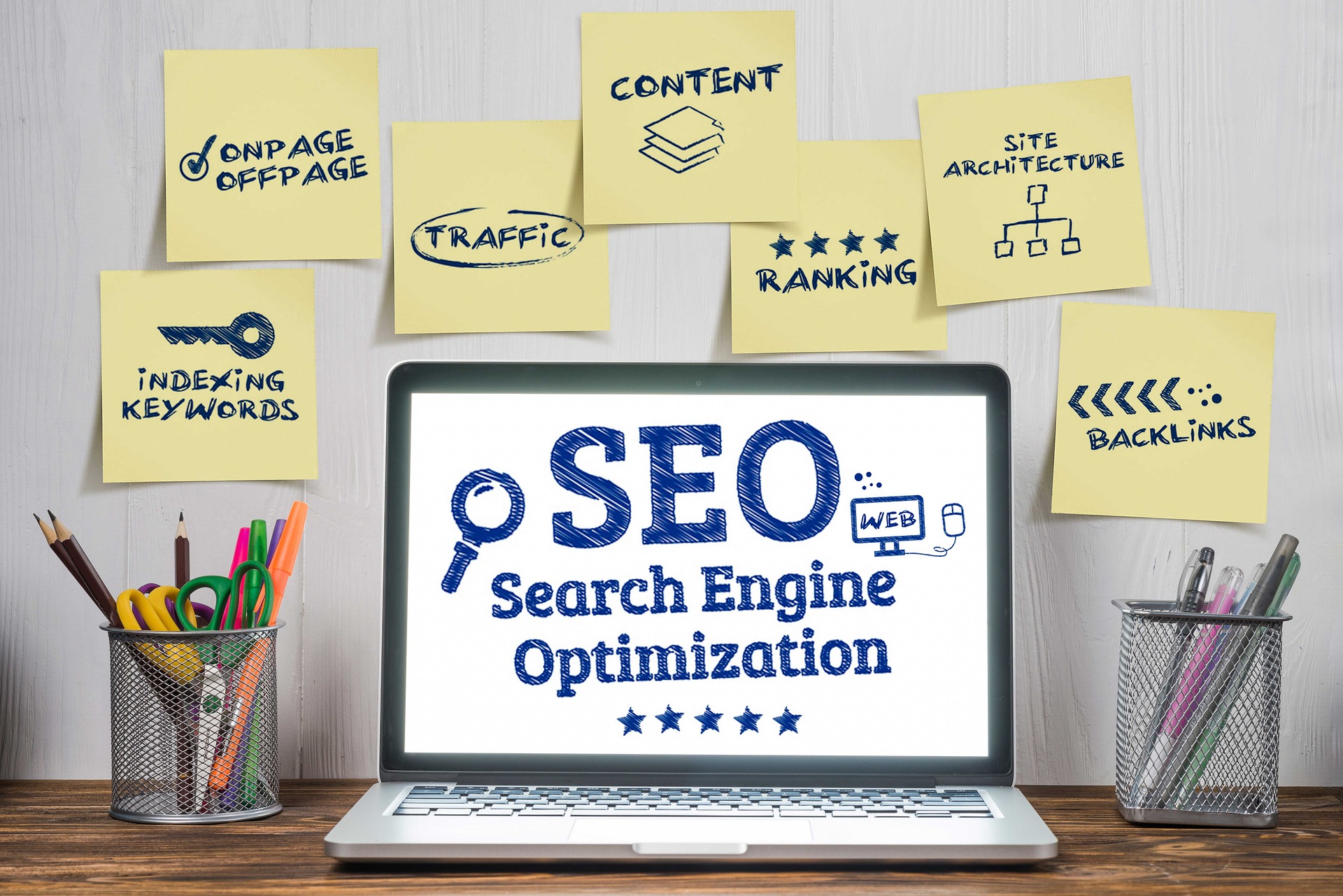Despite the frequent shifts in Google’s algorithm, off-page optimization still notably impacts website rankings. This is because it can drastically improve a site’s relevance, credibility, and trustworthiness, boosting its chances of being prominently displayed in the search results.
It’s not easy to remain successful in a constantly changing industry, but it’s possible. If you are looking to stand out in the online market, you should engage in continuous testing and be willing to experiment with more unpopular off-page SEO tactics.
In this article, we’ll share some hidden gems of off-page SEO that will help you stay on top of your marketing game.

Underrated Off-Page SEO Techniques You Shouldn’t Miss
1. Social Media Marketing
On-page SEO and off-site SEO go hand in hand in developing a successful digital marketing strategy. Having a presence and actively engaging with your followers helps increase brand mentions and direct Google ranking factors like links from websites to yours.
Off-site strategies for social media involve producing blog posts or other content on the platform to improve your authority and search engine optimization, which in turn affects overall search engine rankings.
2. Local SEO
If you own a brick-and-mortar store, you should consider investing in local SEO. To begin with, you need to register your business on Google My Business.
Additionally, claiming your listing on widely used review websites such as Tripadvisor and Yelp will help increase your online presence.
Maintaining consistency in the information displayed on business directories, such as your business name, address, phone number, and website URL is imperative. Also, you should make sure to update them whenever you make changes.
By taking charge of your online listings, you can enhance your visibility on search engine result pages and develop your off-page SEO efforts.
3. Internal linking
Internal linking is an important off-page SEO tool. Internal links are internal references from one page to a related page on the same domain. It helps readers navigate around the website and discover new pages.
Having internal links on a website can be beneficial for search engines as these links make it simpler to map out the website’s structure and index all its content.
Internal links help search engine robots distribute “link juice” or rankings from higher-ranked web pages through the internal link to lower-ranking pages.
If you are looking for ways to boost your off-page SEO performance, internal linking should not be missed.
4. Backlinking from influential websites
When a website links to another site, it can show the quality and relevance of content for both the linking and linked sites, which can be useful in terms of increasing online visibility and traffic.
Inbound links also improve domain authority, making it easier for search engines like Google to recognize your page as an authoritative source which, in turn, can lead to better Google rankings.
Ultimately, having a balanced portfolio of powerful natural links is hugely beneficial when it comes to off-page SEO and should be an integral part of any comprehensive optimization plan.
5. Broken link building
Off-page SEO refers to tactics used to increase a website’s visibility on search engine result pages that aren’t related to changing the content or structure of the website itself.
While not so commonly practised by most marketers, broken link building is a very effective strategy involving finding broken links online, offering a replacement from your own website, and then pitching that link to the site owner.
If your pitch is successful, the broken link will be replaced with one leading back to your website.
This method provides more exposed domains for your site, thereby increasing traffic and strengthening your site’s reliability as a source of information.
6. Image and Video Optimization
Image and video optimization can be a great way to improve your website’s search engine ranking.
The key is to ensure that you are employing image and video tags properly to benefit both the visitors to your site as well as the search engine bots crawling through them.
By using meaningful tags (such as keywords), optimizing titles and alt tags, creating transcripts where necessary, and adding internal links – you’ll be on your way to improving the visibility of your content in search engines.
Video optimization is especially important for consumer sites, as 65% of consumers prefer to watch video about a product or service rather than read about it. This boost in visibility could mean significant returns for your business.

7. Third-party website guest posts
Publishing on third-party websites is one of the most crucial off-page SEO techniques to boost visibility.
This tactic allows experts in your industry to share their knowledge, as well as demonstrate your expertise, on another website and build relationships with potential customers or partners.
Guest posts will also help drive targeted traffic to your website by linking back to it, contributing to higher search engine rankings.
With strategically written and published content across reputable websites, you can harness the power of off-page SEO to improve your online credibility.
8. Relevant Keywords
Whatever you do, you shouldn’t forget about keyword usage. When you select the right words, phrases, and topics to target, your website will be visible on search engine result pages (SERPs) when someone searches those terms.
Here are some essential tips for picking relevant keywords:
- Brainstorm
Take your time to think about what keywords are correlated to your business.
- Keep an eye on your competitors
Track competitor websites to identify the best ones. Check the trends in your niche and target new topics.
- Mix primary and secondary keywords
Primary keywords should be used in title tags, the heading, and throughout the content, while secondary keywords should go in the meta tags and the content’s body.
9. Web Design
Broken landing pages, 404 errors, and poor design is a big no-no. Since your website represents the front door of your business, it’s imperative to have a well-designed and user-friendly webpage that is simple and smooth to navigate.
Stepping Up Your Off-Page SEO Strategy
If there is anything you need to know about digital marketing, it’s knowing which keys open which doors.
If you’re looking to improve your digital presence, you definitely shouldn’t miss out on these tactics.
And if you need help getting started, our team of experts is always here to lend a hand. So what are you waiting for? Give us a call today, and let us show you how easy it is to get started with off-page SEO.

